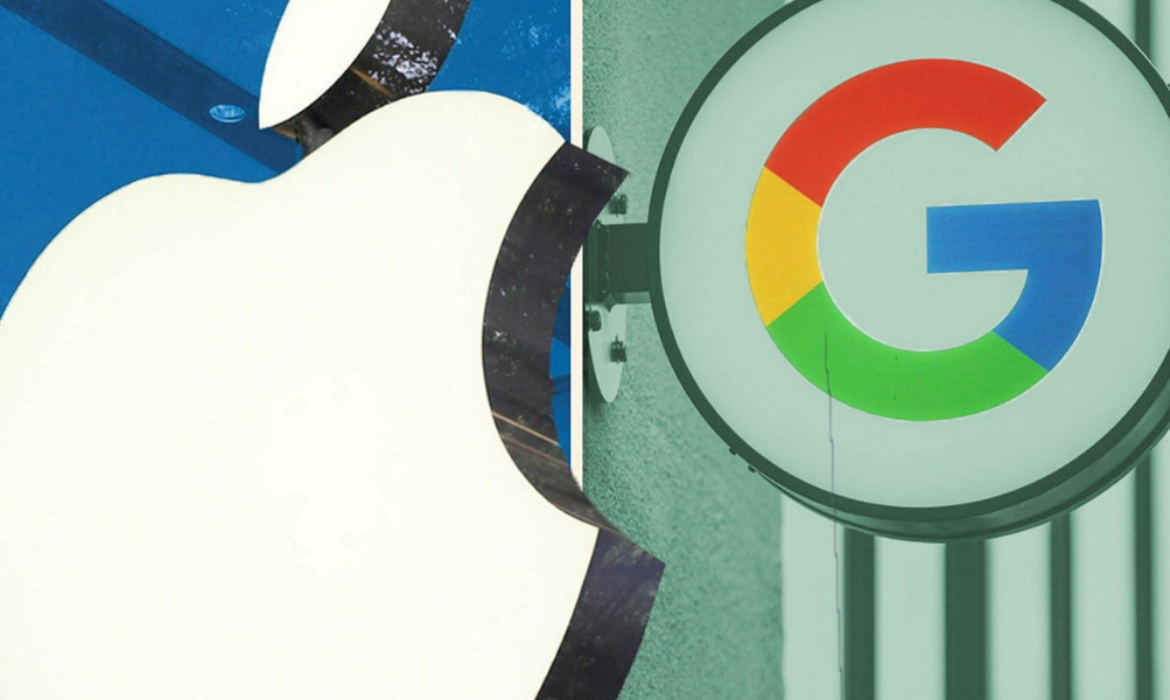Meta Slams Apple Over ATT, Google Hit By Second U.K Anti Trust Investigation
Meta airs grievances over Apple’s market power in the mobile app industry To FTIA.
When the Federal Telecommunications and Information Administration (FTIA) asked what technology companies thought about Apple, Meta enthusiastically responded. Apple’s new tracking prompt has cost Meta billions of dollars and made innovation impossibly hard for them. Meta mostly criticizes Apple throughout 19 pages of comments. Meta, which is itself the target of a federal antitrust suit, paints Apple as a behemoth that restricts its ability to expand. Meta wrote in the letter,
Despite having some of the most popular apps in the world, Meta’s ability to innovate on its products and services and even reach its customers is determined, and in some cases, significantly limited, by the most popular mobile operating systems, such as Apple’s iOS.
Meta also made a connection between Apple’s ad business which witnessed explosive growth and its challenges in the same market. Other relatively smaller tech companies (mostly app developers), and the Coalition for App Fairness, a group that represents companies including Epic Games, Match Group, and Spotify, filed a comment to the NTIA that also criticized Apple’s market power. They have called on Congress and the Biden administration to act against the power of dominant app store companies like Apple and Google.
Whether this branch would take action is unclear, but it will be interesting to see what approach they decide to take against a tech company.
Interesting Read: How Will Dubai’s Metaverse Sector Contribute To Its Economy By 2030?

Image Credit: Tech Crunch
Andrea Coscelli, the CMA’s Chief Executive said,
We’re worried that Google may be using its position in adtech to favor its own services to the detriment of its rivals, of its customers, and ultimately of consumers. Weakening competition in this area could reduce the ad revenues of publishers, who may be forced to compromise the quality of their content to cut costs or put their content behind paywalls. It may also be raising costs for advertisers which are passed on through higher prices for advertised goods and services.
Since the tech giant owns the largest service provider in three key parts of the chain. CMA investigation will examine Google’s dominance in the following parts:
Demand-side platforms (DSP) allow advertisers and media agencies to buy publishers’ available ad space from many sources.
Ad exchanges provide the tech to automate the sale of publishers’ ad inventory via real-time auctions by connecting to multiple DSPs and collecting bids for them.
Publisher ad servers that manage publisher inventory and determine which ad to show based on bids received from exchanges and/or direct deals between publishers and advertisers.
CMA advocates for greater regulatory authority for overseeing anti-competitive behavior from tech giants under the new regulator ‘Digital Markets Unit’. It is expected to be introduced in 2020, with the power to fine tech companies up to 10% of global revenues for breaching new digital rules. However, the government has not given the watchdog the authority to impose such fines.
Andrea Coscelli, the CMA’s Chief Executive-
This would be bad for the millions of people who enjoy access to a wealth of free information online every day. It’s vital that we continue to scrutinize the behavior of the tech firms which loom large over our lives and ensure the best outcomes for people and businesses throughout the UK.
In response, a Google spokesperson said,
We will continue to work with the CMA to answer their questions and share the details on how our systems work.
Interesting Read: AdTech Vs MarTech: Let’s Settle This Once For All!


